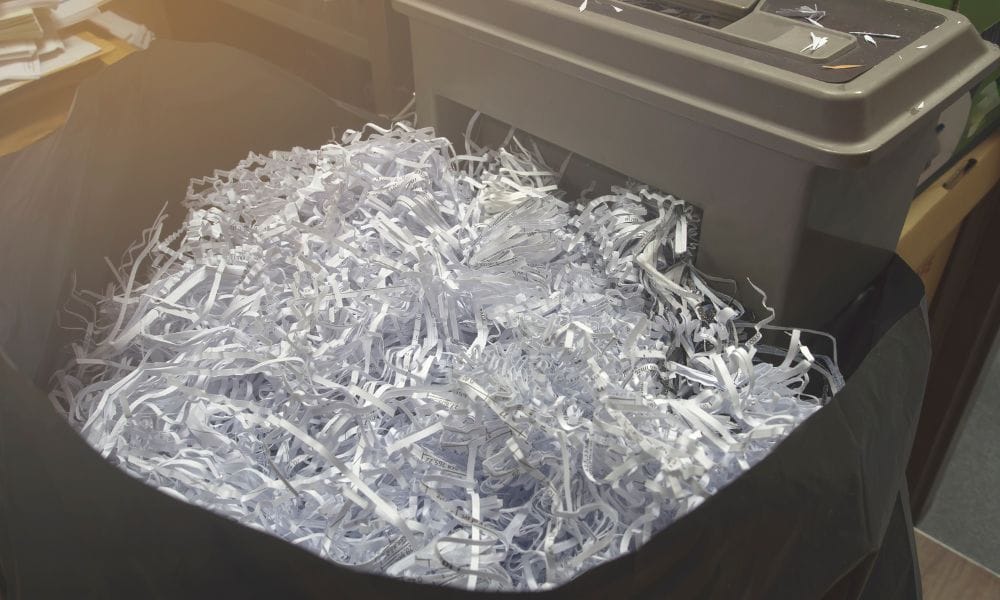When you own and run a business, you know how much energy must go into managing the various managerial tasks and customer aspects. As you manage a business, you will inevitably obtain information that is of a confidential nature. This data can include company secrets, employee info, and customer data.
It is crucial that you safeguard this information so that it is wholly inaccessible to unnecessary persons. Here are some simple tips you can use to help protect your business’s confidentiality.
Protect IT Software
In today’s age, there is likely no office in the world that doesn’t use digital software to work on and store company data. Unfortunately, there are many outside threats to your business, like hackers, that can easily bypass a weak firewall and access nearly anything. It is perfectly OK to go digital, but you must install a security system for your software.
Dispose of Information Properly
Every company will obtain and save information about employees and customers that is highly confidential. Privacy and protection laws also defend a good amount of this sensitive information. When the time comes for spring cleaning and upgrading, you can’t just toss away your business’s software or paperwork; you must dispose of this information properly. Failure to do so can result in serious fines from the FTC and creates the potential for a massive security breach.
To stay compliant with the FTC, you should outsource the disposal of your paperwork and business devices to a destruction company. A destruction company knows how to properly dispose of your company information in a way that abides by local and federal laws. What’s more, they will also provide you with a certificate of destruction to give your company extra security as it shows you took the proper means of disposal.
Train Staff
Managing a business and securely protecting the company’s confidentiality always starts with its workforce. Improperly trained employees can easily lead to a leak of sensitive information. As such, you should consider training your staff on the rules and procedures when it comes to handling confidential information. Moreover, if there are members on your team you clear to gain access to this information, it is a promising idea to have them sign a non-disclosure agreement.







